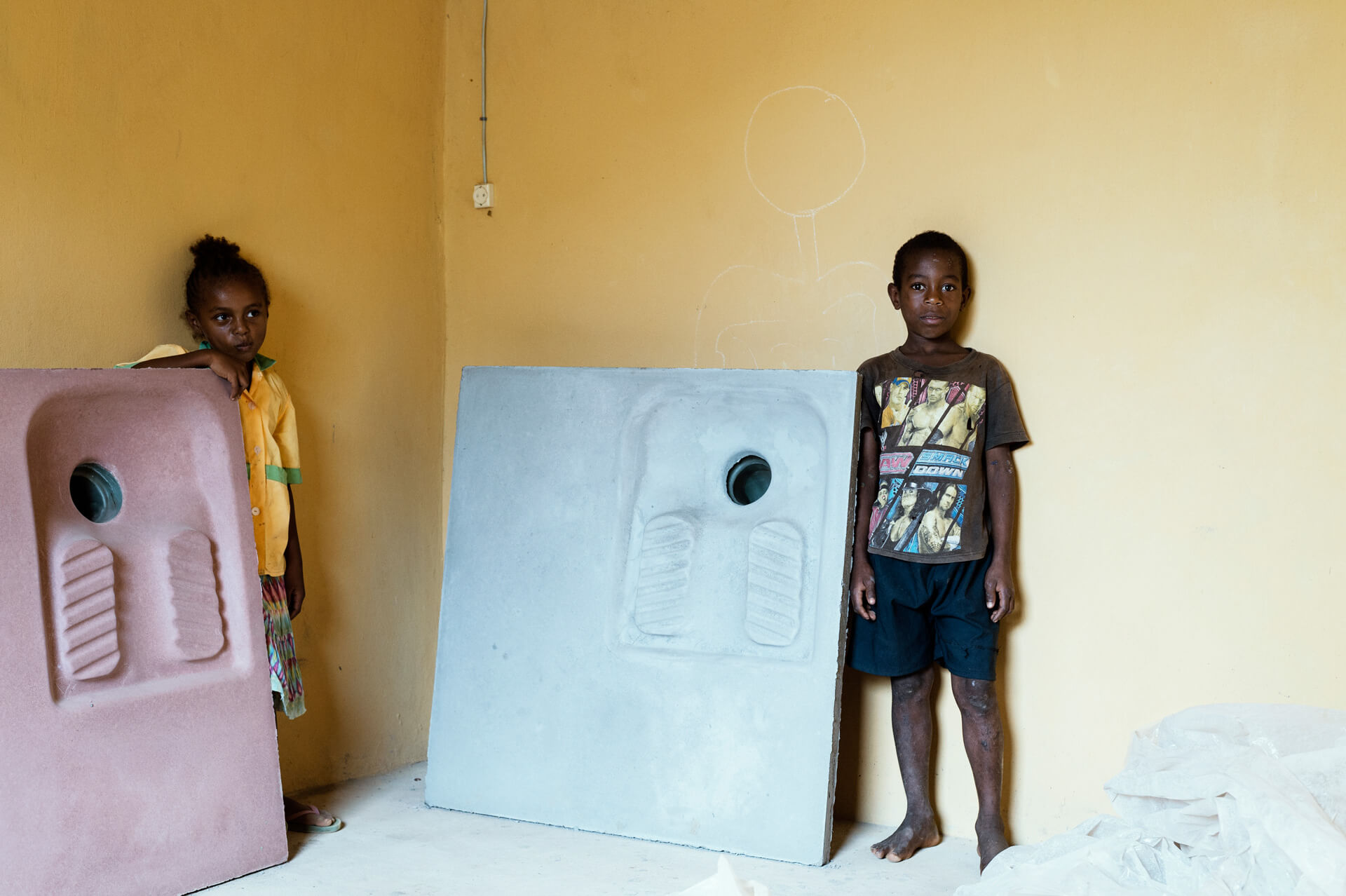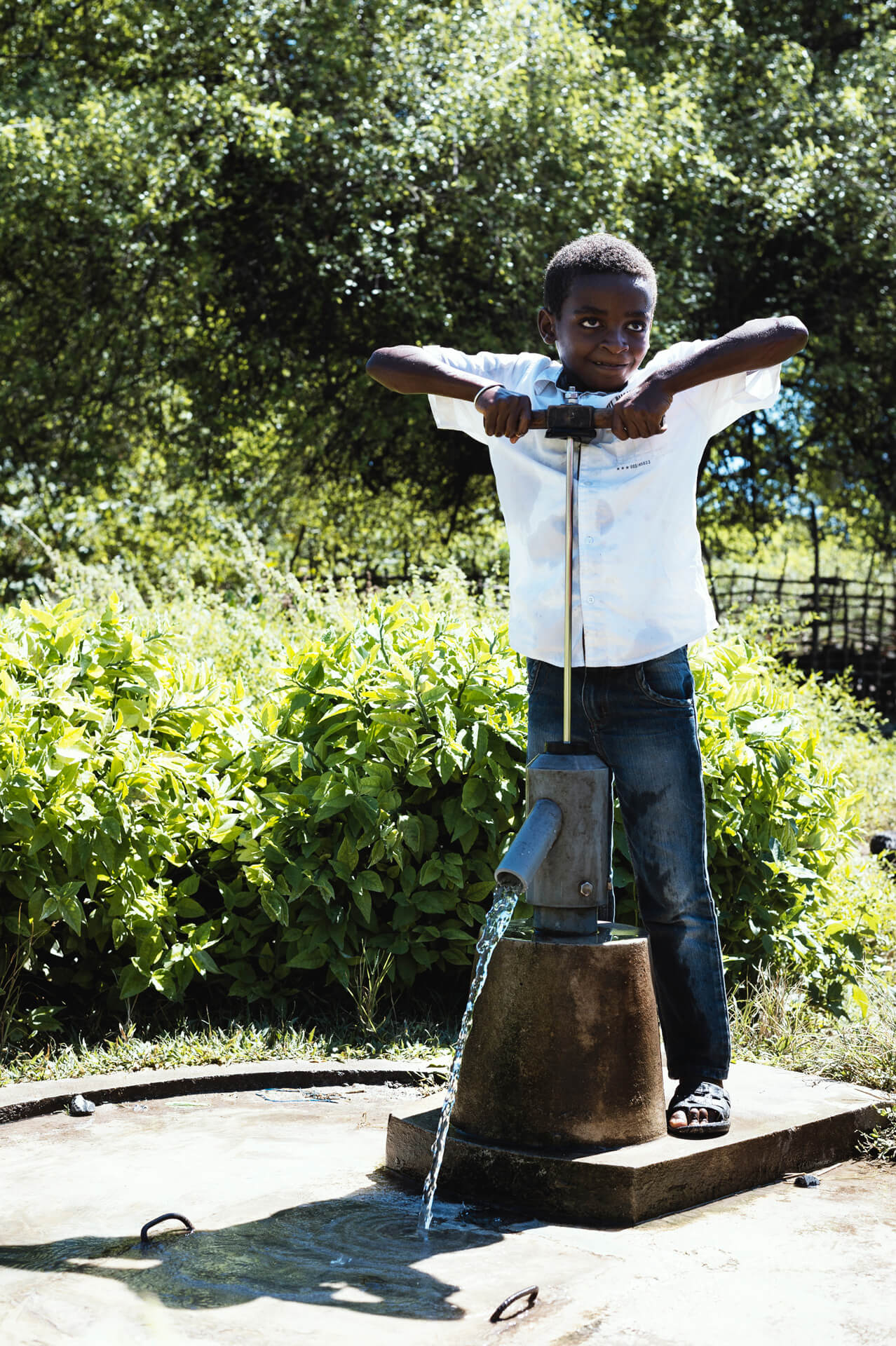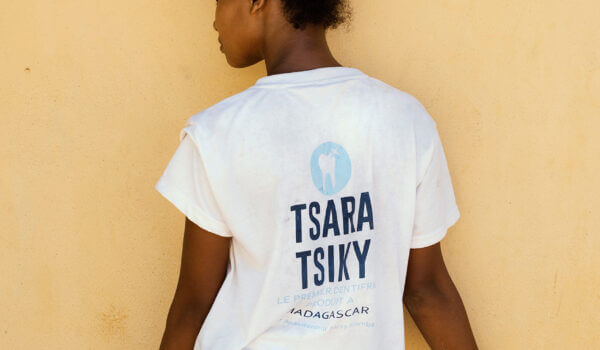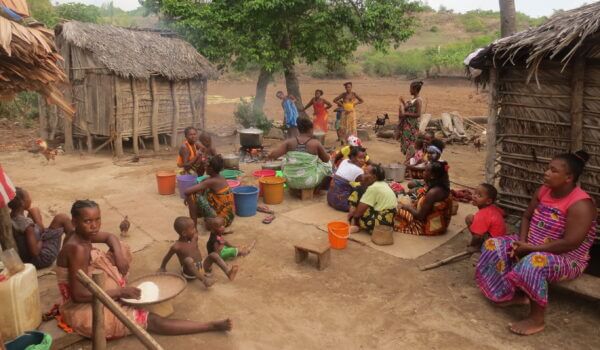H4O for Financial Sustainability
Although many developing countries have plenty of (human and natural) resources and a consistent economic potential, the world we live in has created a number of controversial dynamics that exacerbate inequalities.
Around 75% of inhabitants are estimated to live below the poverty line of 1.90$ per day and the low purchasing power has opened the market of poor countries mainly to low quality products (usually) from Asia. Madagascar’s economy is barely self-sufficient and it mainly relies on exporting raw material, tourism, foreign investments and international aid. To date, there are almost no local enterprises supporting the local economy by creating jobs and processing local resources.
In this worrying context, H4O makes its contribution by enabling local communities to take advantage and add value to their own natural and human resources. In order to do that, H4O has identified local enterprises able to turn the potential of raw materials into quality products. The ability of processing raw materials ensures H4O projects the minimisation of both risks and costs and it is the key both to ensure affordability of H4O products for the entire population and to boost local economic development.
In fact, the final products H4O puts on the market are affordable to anyone but still profitable. What makes the enterprises very impactful is the profit, which is entirely reinvested (100%) in the other H4O WASH projects. This approach allows H4O to kick start a long-term financial sustainability in which the money is invested rather than spent. The aim is to maximise the overall Value for Money (VfM) by increasing the impact of each Euro spent.
In addition to that, H4O enterprises ensure good work conditions to their employees, a safe and healthy workplace and also good wages, aligned to middle-income rather than low-income countries.
H4O strongly believes that financial and economic sustainability are crucial for a long-term development that enables H4O to scale the programmes and to reach more and more beneficiaries.











Social enterprises
Reinvesting the revenues exponentially increases the projects’ impact
Within the framework of financial sustainability, our social enterprises cover a key role that makes the projects sustainable on a long term basis. The aim of the enterprises is to value raw materials by turning them into final goods to create an affordable, sustainable and eco friendly economy.
As a matter of fact, H4O products, such as toothpaste, soaps, or chocolate bars make the enterprises profitable and enable the NGO to reinvest 100% of it in the other H4O WASH projects.
This approach allows H4O to kick start a long-term financial sustainability in which donations are invested to generate other incomes rather than a one off gift. The aim is to maximise the overall Value for Money (VfM) of donations and to increase the impact of each Euro spent.
Beyond that, H4O social enterprises take great care of the wellbeing of their employees, by giving a number of benefits such as health covering, extra rewards based on results, and good wages aligned to middle-income rather than low-income countries. By doing so, all the employees with a particular focus on women, get economic independence which enables them to have agency on their own future.